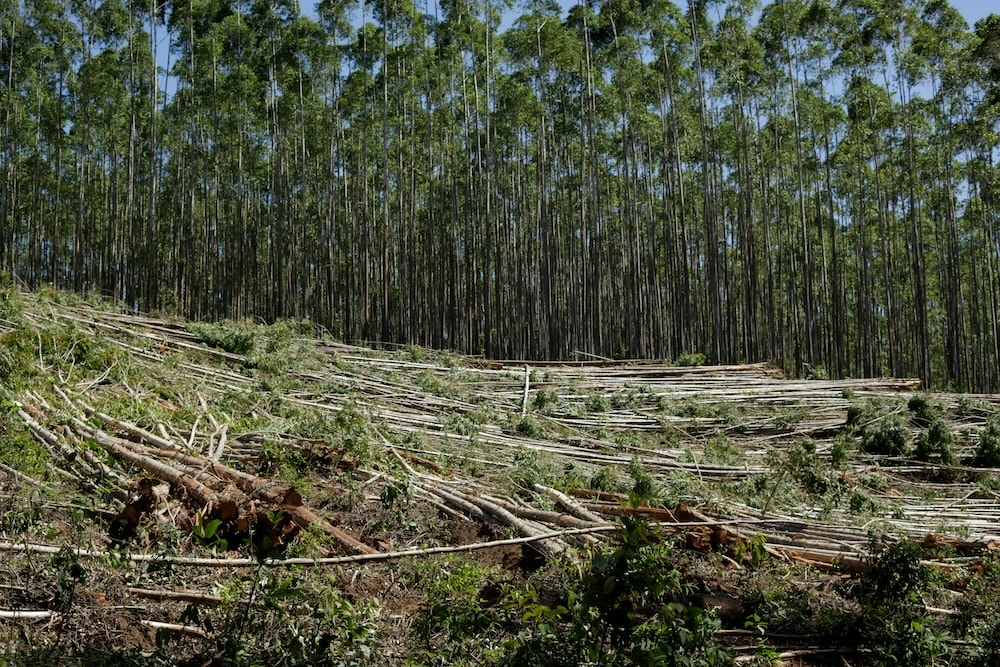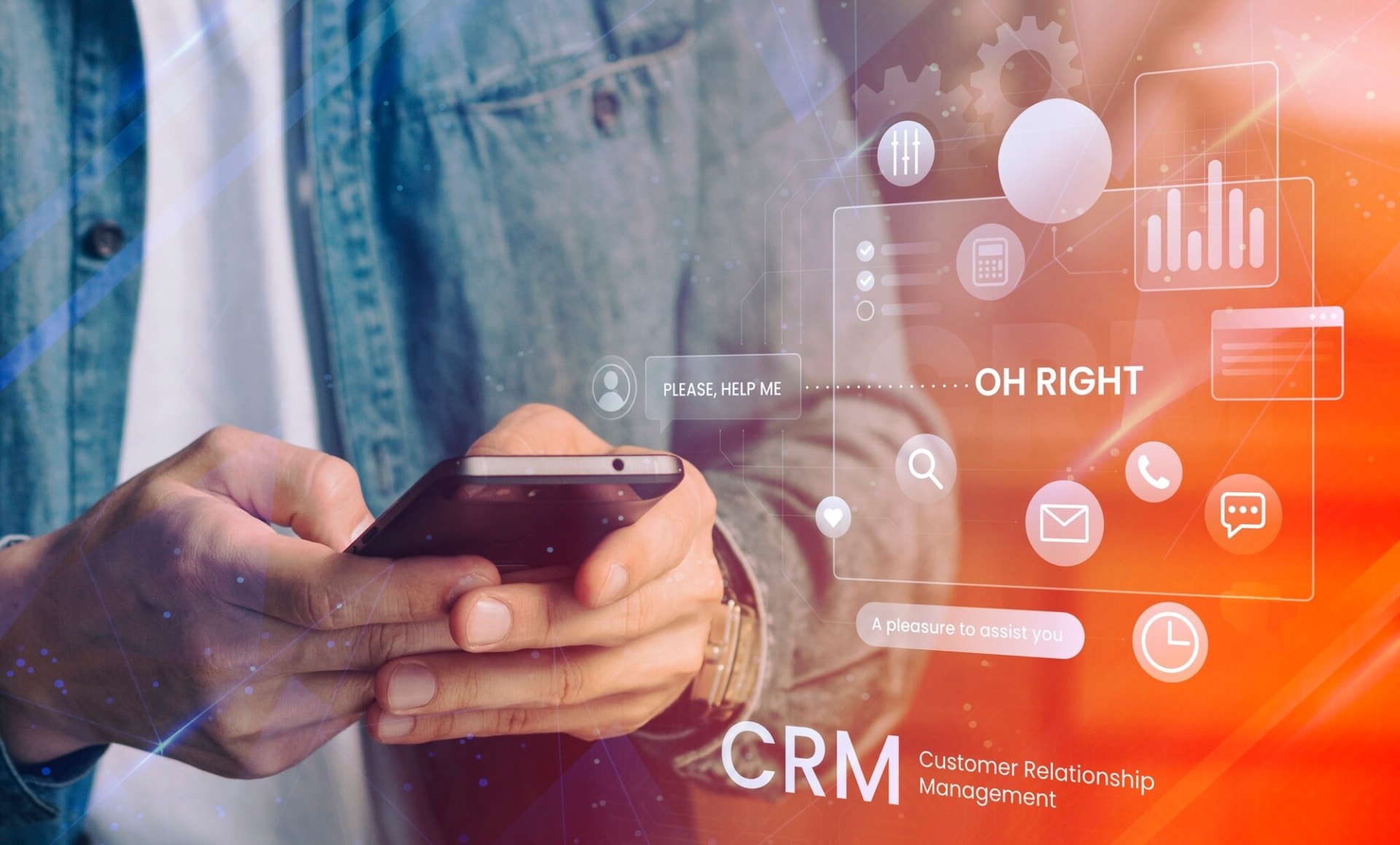Customers and staff are becoming more and more aware of the importance for businesses to create a positive social and environmental impact. Businesses are being pressured to display more commitment in their work ethics than what the traditional concept of Corporate Social Responsibility requires. Businesses are being held accountable for how they use their core spend and their economies of scale to create real positive impact in communities around the world. As corporate culture is changing, large corporates are forming more and more links with social enterprises.
According to Social Enterprise UK (SEUK), more than £45 million has been spent by UK Corporates on social enterprises to date, and Johnson & Johnson is one of the key partners in this initiative. J&J’s target is to spend £15m—3percent of total spend—with UK social enterprises by 2020. To understand how this large corporation has introduced social enterprises into its supply chain, we have spoken with Julian Hooks, Chief Procurement Officer (Corporate Tier) at J&J.
J&J is a partner of the Social Enterprise World Forum. How does a large corporation like yours fit into the idea of Social Enterprise?
JH: The key is for J&J to use its size and scale to support great causes, which is social enterprises, a commitment we call “Big for Good”. From a procurement perspective, it’s about how we can look to procure services from these enterprises, share knowledge with them as well as support them. I believe large corporations have a significant role to play and have an opportunity to make a large impact on social enterprises.
We are new in this space and I think the example we have at this point is the work we have done in the UK where we have committed to a “Buy Social Corporate Challenge,” a partnership between British businesses, Social Enterprise UK and the UK Government. This initiative is all about allocating the right level of spend to these social enterprises to help create job opportunities.
Do you have any plans of implementing such a program in New York or in other big cities?
JH: J&J has a really strong track record in areas such as diversity and working with minorities, especially in the USA. In fact, in the USA, we have set up our supply diversity program in 1998, a historic program in which we have had a significant impact and spent over $1 billion annually. The opportunity now is to look for positive solutions in other markets where we can also make a difference, and I think social enterprise has great potential.
In the context of the Social Enterprise World Forum, what kind of inputs/contributions was J&J able to give?
JH: We were a platinum sponsor of that event, which brought together social enterprises from around the world as well as leaders and policy makers in this space. I took part in a panel discussion around some opportunities and challenges, from a corporate business perspective, that are encountered when trying to build a relationship between social and commercial enterprises. I gave some advice to social enterprises and pointed out some areas to potentially think about that would help foster that relationship further. I also provided them with some guidance on how to be more successful with a large corporate business like J&J.
Can you give us some examples of social enterprises with whom J&J has partnered with?
JH: In the UK, we work now with around 70 social enterprises and we have been able to create and support 34 hard-to-reach jobs. One example of a social enterprise we partner with is a business called Autism Works, which trades as see:detail, a social enterprise focused on individuals who are on the autistic spectrum or who have Asperger’s syndrome. By capitalising on these individuals’ positive traits such as their attention to detail as well as their ability to undertake repetitive tasks, see:detail provides them with sustainable employment in the field of software testing. We know that they can be great employees and so, areas such as software testing are excellent for them to achieve their full potential. We have found that the delivery from see:detail is better than what we had historically and so, partnering with them has been a great win for J&J. We are taking responsibility, showing a strong support and creating opportunities in areas of crucial needs.
How are J&J Diversity and Inclusion strategies applied to the supply chain? Is it important for the company to include women majority/owned businesses in its supply chain. If so, why?
JH: To include women is critical for us and is also relevant globally. It is part of our supply & diversity program to make sure, to understand and to manage women and businesses, as well as to support those businesses around the globe. I really believe we can be leaders in this space by shaping a strong supply base that delivers great quality of goods & services. Although we never choose our supplier based on minorities or whatsoever, but rather based on whether they are the best in what they deliver, we now have a real opportunity to balance our supply base. J&J’s supply base has to reflect its customer base. It is important that we support historically underserved population, women and businesses, minorities and businesses, small disadvantaged businesses, LGBT businesses and other overlooked groups. We should try to build a supply base that is inclusive of all of them, and more importantly to foster and grow that supply base moving forward.
Sustainability has become a very popular word. We have spoken with Jed Richardson, the Senior Director of Environmental Stewardship at J&J, who shared with us the company’s global strategy. We have also taken a look at J&J’s Health for Humanity 2020 Goals. Within your role as Chief Procurement officer, Corporate Tier, what is J&J’s procurement vision, goals and, are your decisions taken with sustainability in mind?
JH: At J&J, we have our Health for Humanity 2020 Goals which layout our corporate and social policies. From a procurement perspective, we contribute significantly to these goals. In fact, we are looking to have 80 percent of our spend in our sustainability program by 2020. All our suppliers go through an EcoVadis assessment, which assesses their sustainability profiles to make sure they have completed the right steps in becoming more sustainable, and also enrol in carbon disclosure.
Procurement also plays a significant role in with suppliers across business areas on the topic of human rights. Our suppliers need to have good labor ethics, free of forced labor or any other labor right issue.
Diversity, social enterprises as well as in the sustainability space are all examples where procurement plays a significant role and all our decisions are taken with these topics in mind. The core responsibility of procurement is to shape the corporate’s supply base and include those that drive innovative solutions back to J&J. We have a great opportunity to have a large positive social impact, in line with our “Big for Good” commitment!














